The Role of Relaxation Techniques in Stress Reduction
Explore the role of relaxation techniques in stress reduction. This article delves into the science behind stress and how practices like meditation, yoga, and deep breathing can mitigate its effects.
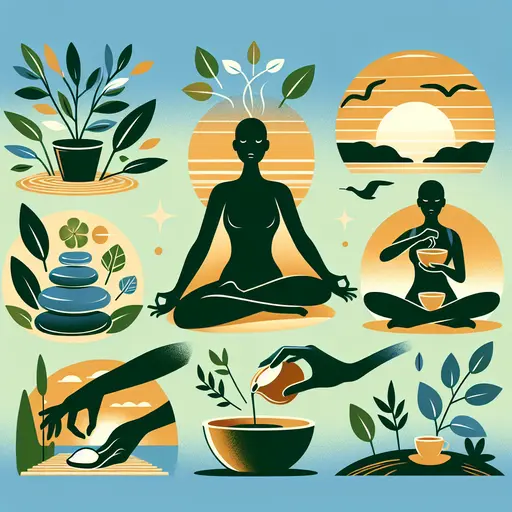
Stress - it's an unavoidable part of modern life. With the quickening pace of our daily routines and the constant barrage of information, stress and anxiety have become all too common. But what if there was a way to mitigate these feelings of overwhlem and bring back tranquility to your life? Enter relaxation techniques - a proven way to lessen stress and promote overall well-being. But how do they work? Let's dive in and explore the role of relaxation techniques in stress reduction.
Understanding Stress and Its Effects
Before we plunge into the intricate details of various relaxation techniques, it's of the utmost importance to grasp a fundamental understanding of what stress essentially is. Stress, in its most basic form, is your body's automatic response to changes in your environment. It is your body's innate mechanism of self-preservation, keeping you alert and on your toes, ready to swiftly avoid any potential danger.
Believe it or not, not all stress is bad. In fact, in moderation, it can help you perform under pressure and motivate you to do your best. But on the flip side, when stress becomes a persistent part of your life, it can have a detrimental impact on your overall health.
Chronic stress, if left unchecked, can lead to numerous health complications. These can range from mental disorders like anxiety and depression, to physical ailments such as high blood pressure, heart disease, obesity, and even diabetes. Therefore, it is essential to understand stress and learn how to manage it effectively.
The Intricate Science Behind Relaxation
Relaxation isn't solely about finding peace of mind, indulging in your favorite hobby, or simply having a quiet moment. It's a truly intricate process that is rooted in reducing the damaging effects of stress on both your mental and physical state. When we speak of relaxation, we are referring to a scientifically-backed method of stress reduction that has been proven to have significant positive effects on our overall health.
Various scientific studies have demonstrated the power of relaxation techniques in promoting an array of health benefits. These techniques have been shown to effectively slow down the heart rate, which in turn can lead to a noticeable reduction in blood pressure levels. This is an essential aspect for those who are battling heart diseases or simply trying to maintain a healthy cardiovascular system.
Beyond the heart health benefits, relaxation techniques also play a significant role in reducing muscle tension and managing chronic pain. This is particularly beneficial for those suffering from muscle-related issues, like muscle spasms, or individuals dealing with chronic pain conditions. Through regular practice of relaxation techniques, such discomfort can be mitigated, resulting in improved quality of life.
But the benefits of relaxation are not confined to just physical health. They extend to psychological and emotional health as well, helping to enhance concentration and focus. In today's fast-paced, distraction-filled world, the ability to concentrate effectively is a crucial skill, and relaxation techniques can be a valuable tool in improving this ability.
Furthermore, these techniques can help manage and reduce feelings of anger and frustration. Instead of letting these negative emotions take control, relaxation practices allow us to handle them in a healthier and more beneficial way. This not only helps us emotionally but also improves our interpersonal relationships.
Finally, relaxation techniques boost confidence levels, equipping us with the self-assurance we need to tackle problems head-on. This newfound confidence can be instrumental in navigating through life's many challenges, ultimately leading to a more fulfilled and content life.
So, in essence, relaxation goes far beyond what we typically perceive it to be. It's an essential tool for living a healthier, happier life, and the science behind it is a testament to its power.
Common Relaxation Techniques and Their Benefits
- Meditation: This is a practice where an individual uses a specific technique - such as mindfulness, or focusing the mind on a certain object, thought, or activity - to cultivate attention and awareness. The ultimate goal? Achieving a state of mental clarity and emotional calm, stability, and tranquility. Meditation not only relaxes; it also enhances overall well-being and life satisfaction.
- Yoga: Yoga is a holistic discipline that comprises physical, mental, and spiritual practices, with the common goal of harmonizing body and mind. The relaxation achieved through yoga can significantly lower blood pressure, improve heart rate, and boost mood and energy levels. Plus, yoga is highly customizable, meaning it can be adapted to meet the needs of virtually anyone, regardless of age or physical condition.
- Progressive Muscle Relaxation (PMR): PMR is a supremely effective deep relaxation technique that involves sequentially tensing and then releasing different muscle groups. This method is particularly effective in reducing symptoms of stress and anxiety, promoting restful sleep, and even alleviating physical pain. It's a technique that can be easily learned and practiced anywhere, making it a flexible tool for managing stress.
- Deep Breathing: Though it may sound simple, deep breathing is a powerful relaxation tool. Slowing your breathing and focusing on taking deep, full breaths can help relax your body and mind, lower blood pressure, and reduce stress. It's a technique that requires nothing but a few minutes of your time and a quiet space, making it an accessible and efficient means of promoting relaxation and well-being.
- Tai Chi: This ancient Chinese tradition, often described as 'meditation in motion,' combines gentle physical exercise and stretching with mindfulness. Regular practice of Tai Chi can lead to a state of relaxation and tranquility, increase flexibility, and even improve balance and strength. It’s a low-impact, self-paced method of soothing both the mind and body.
Personal Stories and Experiences
"Living a life filled with constant anxiety and stress had become my norm. Every day, I found myself on edge, feeling overwhelmed and perpetually anxious. It was as if a dark cloud of uneasiness was looming over me, casting shadow on every aspect of my life. No matter how hard I tried, I couldn't shake off this gripping tension that seemed to wrap its claws around me. But everything began to change when I stumbled upon yoga and meditation. I started practicing these calming techniques daily, immersing myself in them like a lifeline. Initially, I did not notice any significant difference, but slowly and surely, the fog began to lift. My mind, which was previously clouded with anxiety, started becoming clearer. I found myself not as easily frustrated or upset as before. The transformation was gradual - a subtle shift in my mental state that I only realized in retrospect. It was as if I had been trudging through a storm, and then suddenly, I was standing in clear, sunny weather. I felt more grounded, more in tune with myself and my surroundings. Relaxation techniques, especially yoga and meditation, have truly transformed my life. It's like a rebirth, a second chance at experiencing life without the constant weight of anxiety. I am eternally grateful for this remarkable transformation." - Jane, 34
Conclusion
Stress is an inevitable part of life, but that doesn't mean we are powerless against it. By implementing relaxation techniques into our daily routines, we can actively combat stress and improve our overall health and well-being. It's a journey worth embarking on.
🌿
Category: Mindfulness & Relaxation
Join the community
Related Articles
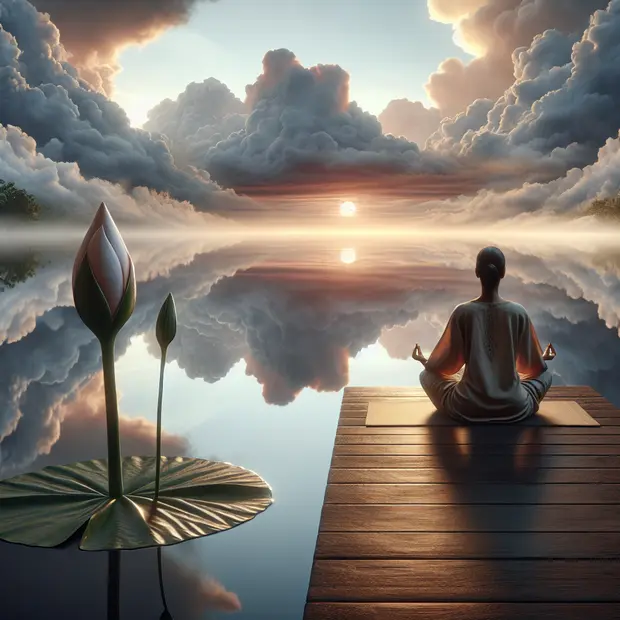
The Importance of Patience in Our Life
In this fast-paced world we live in, patience is often seen ...

Breaking the Cycle: How Relaxation Techniques Disrupt the Stress Response
Life, beautiful as it is, often comes with its fair share of...

The Science Behind Becoming a Morning Person
Are you a night owl who craves the productivity and peace of...
Latest Articles
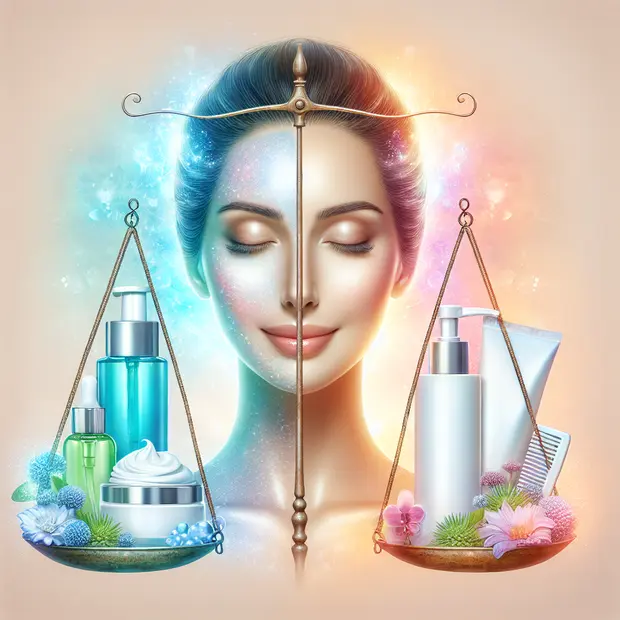
The Importance of a Consistent Skincare Routine
As we journey through life, our skin goes through a myriad o...
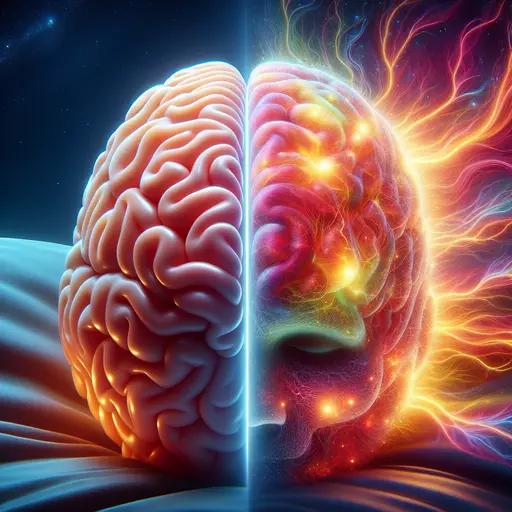
What Sleep Deprivation Does to the Brain
Perhaps you've had those days where you've survived on just ...
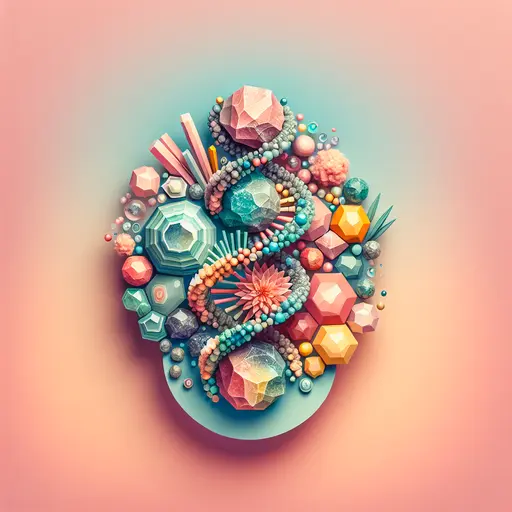
The Role of Minerals in Rock Formation
Welcome to another enlightening article on HeavenRelax.com, ...
Comments
No comments yet. Be the first to comment!